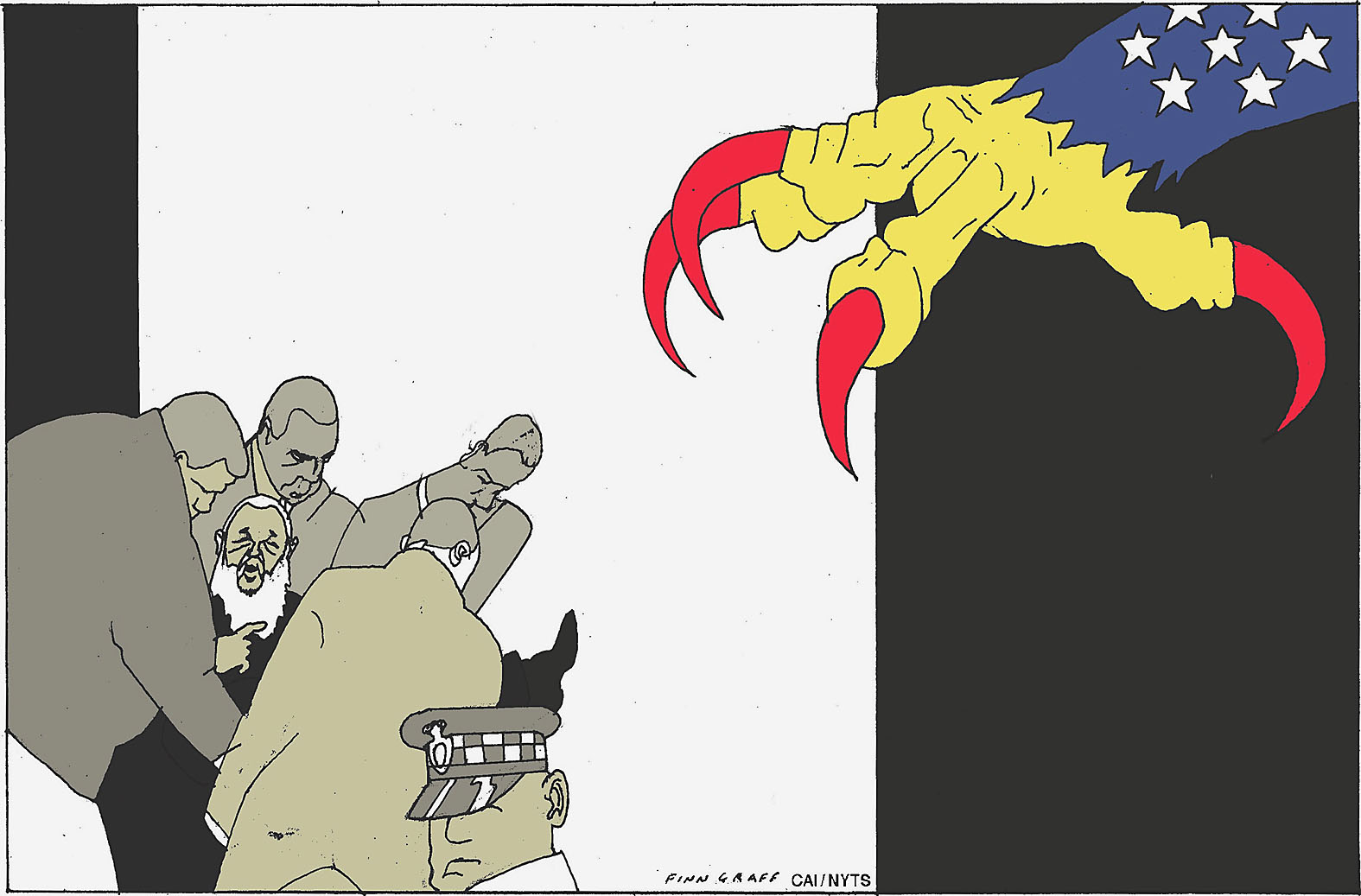The arrest of Julian Assange presages a free-speech debate that we've been avoiding for the seven years he was living in the Ecuadorean Embassy in London: Can Assange be lawfully prosecuted for somehow facilitating illegal theft of classified information? Or is the organization he founded, WikiLeaks, protected by the U.S. Constitution's First Amendment when it publishes documents supplied by others, like The New York Times when it published the Pentagon Papers?
Current law is not especially clear on this question. The actual 1971 Pentagon Papers case, New York Times v. United States, wasn't about punishing the Times after the fact. It was about the distinct (albeit related) question of whether the government could block the publication of classified material before it hit the newsstands — what First Amendment lawyers call "prior restraint."
The Supreme Court's answer was no, the government can't block a newspaper from publishing classified material that it has received without committing any legal wrong on its own.



















With your current subscription plan you can comment on stories. However, before writing your first comment, please create a display name in the Profile section of your subscriber account page.